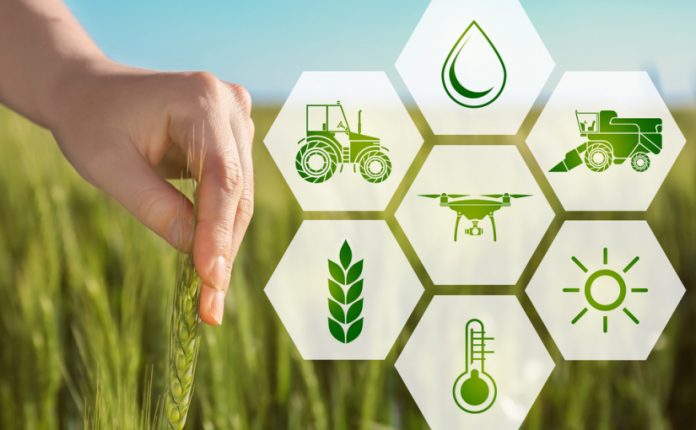Blockchain-based applications can improve the entire agricultural sector and open up new markets for emerging countries. The benefits of implementing blockchain technology in the agricultural world can relate to several key factors.
Traceability, transaction costs and food security
The “made in” when referring to food has a profound meaning.
Knowing the origin of food, when it is harvested and processed and who the producers are, is the main goal of all those applications dedicated to the supply chain.
Thanks to the transparency and efficiency provided by blockchain, agriculture improves both qualitatively and quantitatively.
In fact, if the quality of the product that you are marketing, buying or consuming is guaranteed by recording all the details of the chain, even in terms of quantity it is possible to reduce significant costs..
A few examples of this are the promotion and marketing costs that a brand has to face in order to acquire the trust of the customer and also the identification and removal of bad actors and inefficient processes.
In this context, the food giant that has invested most in the supply chain is Walmart, which, together with IBM, has created the Food Trust Solution.
There are also smaller companies, such as Origin Trail which is building a protocol used in food safety and product travel, or companies such as Ripe.io based on traceability and certification of the made in to prevent food fraud, false labelling and redundant intermediaries and, finally, the Australian Agridigital which has undertaken pilot blockchain projects worldwide for the traceability of food, the origin of the supply chain, real-time payments, digital commitments and financing.
Logistics
The real challenge for agricultural logistics is of course flexibility, given the expiry dates and storage conditions that each food will have to withstand during the journey to stay as fresh as possible.
In this sense, couriers and shippers such as UPS have long considered pilot projects to integrate blockchain technology into food logistics.
Opening up new markets
Finally the crème de la crème of blockchain in agriculture: opening up new markets. The idea that Agri-tech is the technological tool that can finally enhance the agricultural markets of developing countries, creating equal trust and responsibility between all market players, so as to allow everyone to participate, including the most disadvantaged.
To achieve this there’s AgriLedger, a blockchain application that aims to encourage participation in the agricultural market in a fair and authentic way, or AgroStar the Indian agricultural startup that together with IBM’s The Weather Company have created a mobile app that offers farmers the best practices related to agriculture, customized for their particular crops, a kind of ad hoc education to support farmers in India by improving their crops along with their income.
To solve the problems of markets experiencing difficulties, there is the Indonesian app i-Grow, through which farmers are offered investments in exchange for returns, or the recent Cambodian project BloCRice by Oxfam that will use smart contracts to create agreements between organic farmers and rice exporters in Cambodia with their buyers and importers in the Netherlands.




